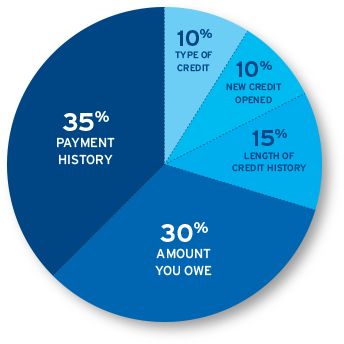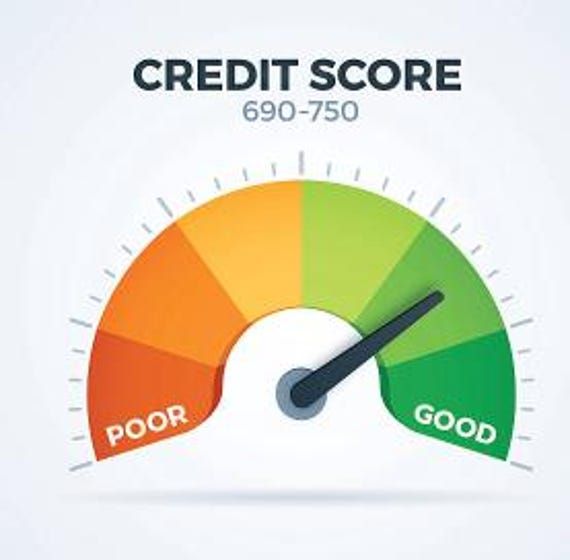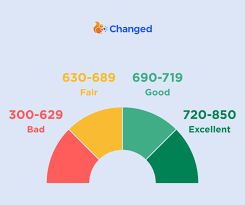Credit scores play a crucial role in personal finance, influencing your ability to secure loans, mortgages, and even employment opportunities. Understanding how credit scores work and the steps you can take to improve them is essential for financial health. In this comprehensive guide, we’ll break down the fundamentals of credit scores and share actionable tips to boost yours.
What Is a Credit Score and Why Does It Matter?
A credit score is a three-digit number that represents your creditworthiness—or how likely you are to repay borrowed money. It’s calculated using information from your credit report, which details your borrowing and repayment history. Credit scores typically range from 300 to 850, with higher scores indicating better credit health.
Credit scores are important because they affect the terms and availability of financial products. A high credit score can help you qualify for lower interest rates on loans and credit cards, saving you money over time. Conversely, a low score may result in higher interest rates or denied applications, limiting your financial options.
The Key Components of a Credit Score

Understanding the factors that influence your credit score is the first step toward improving it. Here are the primary components:
Payment History (35%): Your track record of paying bills on time is the most significant factor. Late payments or defaults can drastically lower your score.
Credit Utilization (30%): This measures how much of your available credit you’re using. Keeping your utilization below 30% is ideal for maintaining a good score.
Length of Credit History (15%): The longer your credit history, the better. It shows lenders that you have experience managing credit.
Credit Mix (10%): A diverse mix of credit types, such as credit cards, mortgages, and installment loans, can positively impact your score.
New Credit Inquiries (10%): Applying for multiple new credit accounts in a short period can temporarily lower your score.
How to Check Your Credit Score and Report
Regularly monitoring your credit score and report is crucial for staying informed about your financial health. Here’s how you can do it:
Free Annual Credit Reports: In the United States, you’re entitled to one free credit report per year from each of the three major credit bureaus (Equifax, Experian, and TransUnion) at AnnualCreditReport.com.
Credit Monitoring Services: Many services, like Credit Karma or MyFICO, offer access to your credit score and additional tools for tracking your progress.
Banking Apps: Some banks and credit card issuers provide free credit score updates as a customer benefit.
Review your credit report for inaccuracies, such as incorrect account information or fraudulent activity, and dispute any errors to ensure your score reflects accurate data.
Proven Strategies to Improve Your Credit Score

Improving your credit score takes time and effort, but the rewards are well worth it. Follow these steps to start building better credit:
Pay Bills on Time: Set up reminders or automatic payments to ensure you never miss a due date.
Reduce Credit Card Balances: Aim to pay down high balances and keep your credit utilization ratio below 30%.
Avoid Closing Old Accounts: Length of credit history matters, so keep older accounts open, even if you’re not actively using them.
Limit New Credit Applications: Apply for credit only when necessary to avoid multiple hard inquiries.
Dispute Errors: Correct inaccuracies on your credit report promptly.
Benefits of Maintaining a Good Credit Score
A strong credit score offers numerous advantages that can enhance your financial well-being.
Lower Interest Rates: Save money on loans and credit card interest.
Easy Loan Approvals: Qualify for mortgages, car loans, and personal loans with favorable terms.
Better Credit Card Rewards: Access premium credit cards with perks like travel rewards and cashback.
Housing and Employment Opportunities: Land rental agreements or job offers that require a credit check.
By understanding and improving your credit score, you can unlock these benefits and achieve greater financial freedom. Make monitoring and managing your credit a priority, and you’ll set yourself up for long-term success.

